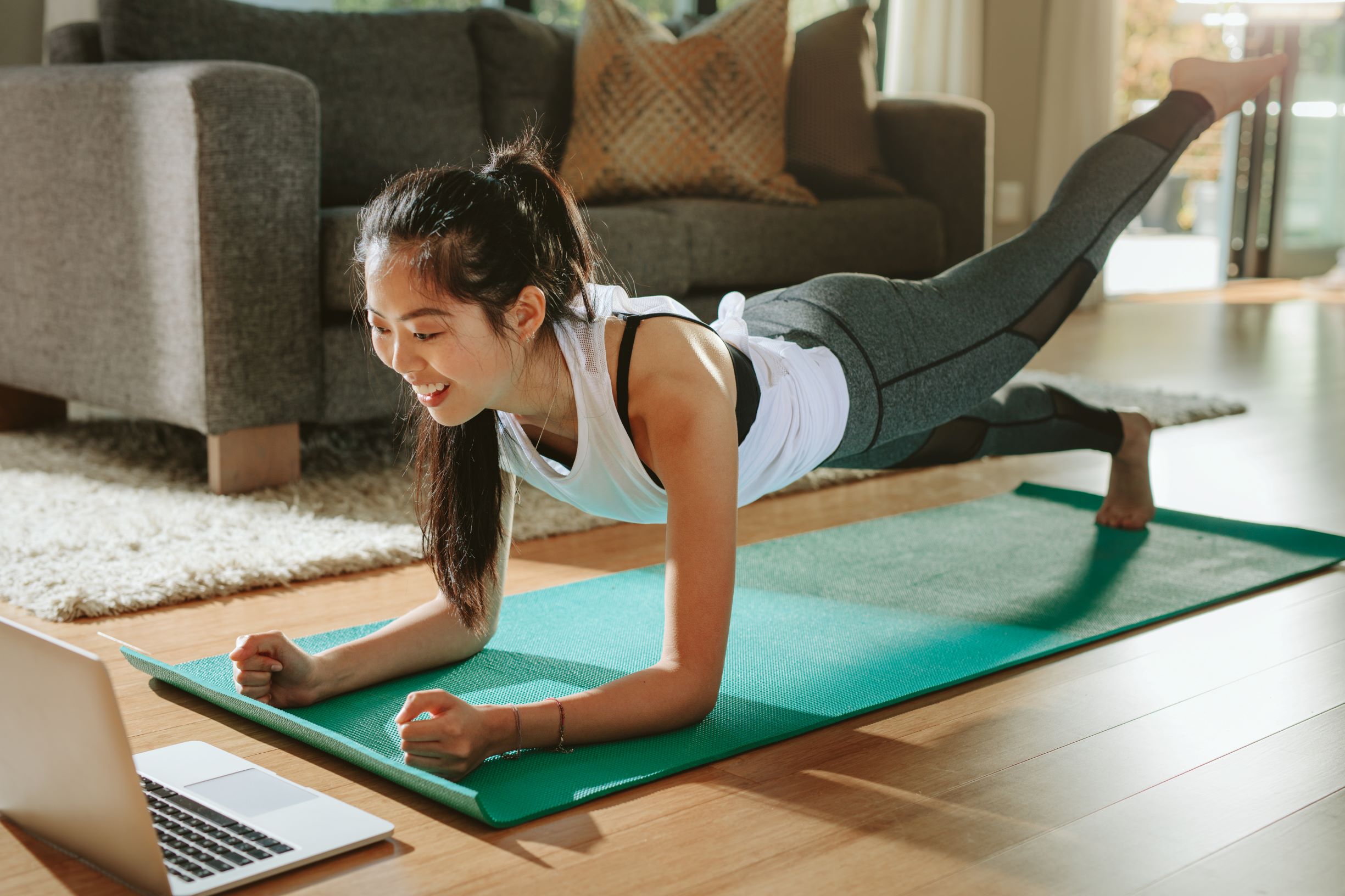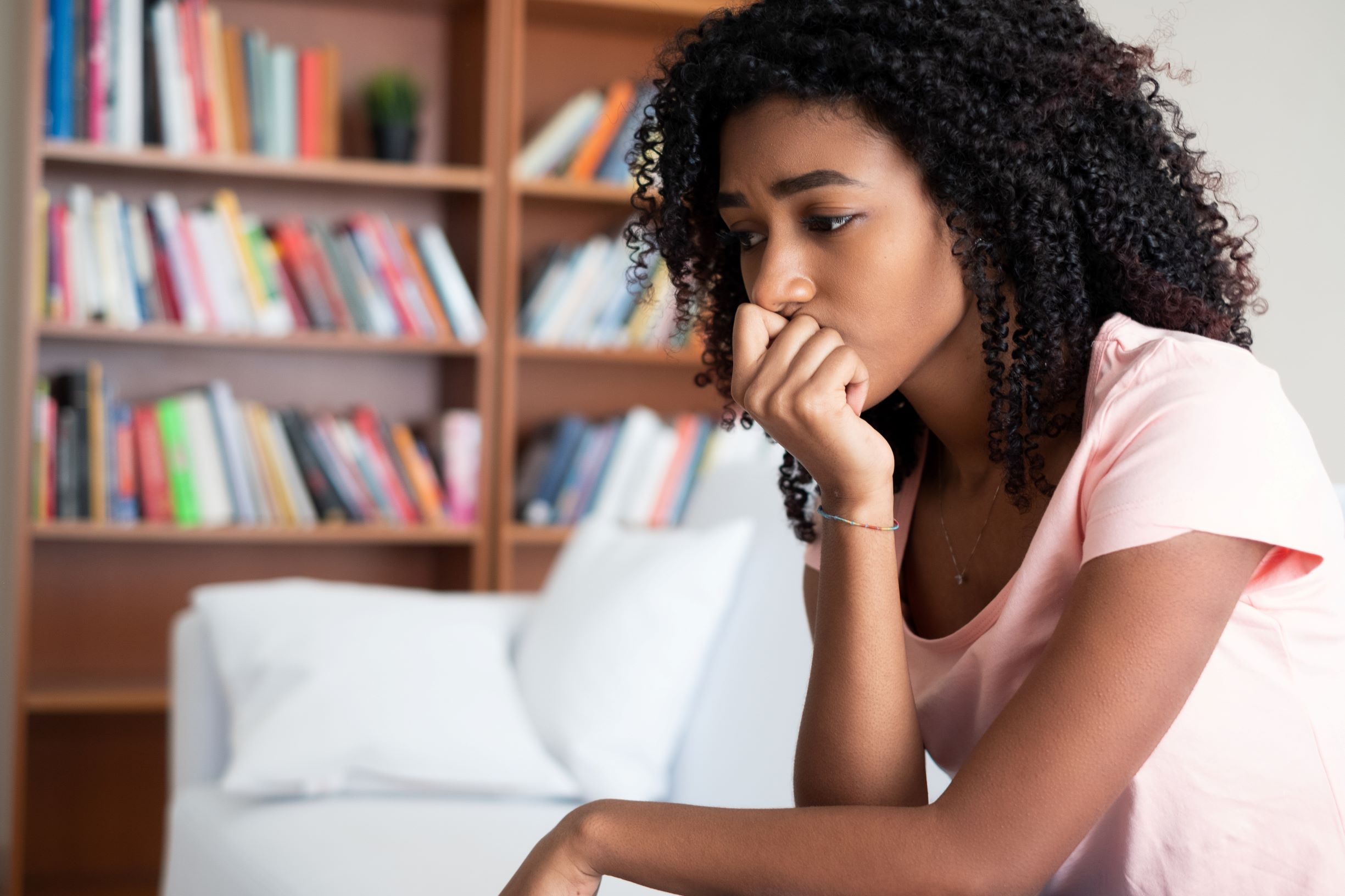Managing Anxiety During the Coronavirus Pandemic
For months, we have been inundated with reports about the coronavirus pandemic. Feeling anxiety and having concerns about our own health, the health of our loved ones, the state of the world, and the overall future is a rational response to this crisis.
It’s OK. We all understand and have similar feelings.
In and of themselves, anxiety and fear are not bad. They’re your body’s natural way of warning you about potential dangers, as well making you aware that your body is overwhelmed in order to protect itself.
However, when faced with overwhelming stressors such as this coronavirus pandemic, anxiety can become dangerous for your body and mind. Specifically, stress and anxiety can exacerbate existing heart conditions, so it’s important to reduce stressors as much as possible during the course of this pandemic.
Ways to Reduce Anxiety During the Coronavirus Crisis
1. Turn off the news.
You can monitor the news daily just to stay informed, but do it briefly and then turn the channel. Although updates have been streaming 24/7 for weeks, you really won’t miss anything significant if you wait to hear the updates until the following day.
If it’s an emergency or urgent matter, you’ll hear about it from family, friends, or breaking news notices. It’s not necessary to know how many cases of the coronavirus have been identified at every moment of every day.
2. Talk with friends and family (about something else)
Yes, in-person communication is best, but unfortunately we must minimize that for the time-being in order to keep our community healthy. But look at all the other ways you can communicate with your friends, family, and coworkers:
- Traditional phone calls
- Text messages
- Group chats such as those in WhatsApp
- One-on-one video calls such as through FaceTime
- Social media
- Video conferences, which are a smart way to maintain communications with your coworkers, employers, and employees
- Apps for photographs and chats, such as Snapchat or Marco Polo
Don’t dwell on the negative as you’re having these conversations. Talk about the weather, what you had for dinner, your children, your favorite flower, your latest home improvement project, whatever it is. Just stay away from coronavirus-related conversations, at least as much as you can.
3. Limit social media usage.
We included that as an asset above, but this one is truly a Catch-22. Social media does keep you connected and entertained, which is important if you are forced to stay home. However, the coronavirus-related posts can be overwhelming, frightening, and even contribute to misinformation that may increase the anxiety you already feel.
If possible, treat social media like the news; check in occasionally, but don’t watch for hours or allow it to affect how you feel.

Virtual group workouts can help you stay connected while reducing stress during this COVID-19 stay-at-home order.
4. Continue physical activity.
Exercising and stretching are known to have tremendous benefits for your body and mind on any day. Consider walking or finally making good use of your home exercise equipment. Another option is to participate in an online workout, which provides you with the additional benefit of staying connected with others.
5. Tackle that household chore you’ve been wanting to complete.
Anxiety attacks tend to come on as a result of multiple stressors weighing on your mind, not just one. The more stressors you can eliminate, the lighter you will most likely feel.
With that concept in mind, consider tackling that home organization project that’s been weighing you down. Even if it’s just clearing a closet or reorganizing a utensil drawer, eliminating any stressors can alleviate the overall pressure you may be feeling.
Home maintenance or organization projects also can help you focus on something else, as well as use your time wisely during this stay-at-home order.
6. Play online games.
An endless number of games are available online. Try something new or go with the classics. Play individually or against virtual competitors, which is yet another way to stay connected. Playing games allows you to focus on something other than what is going on in the world; just don’t get too competitive, as that may add to your anxiety.
7. Read a light and easy fiction novel.
Reading a good book is possibly a summation of most of the above points, with the exception of physical activity of course. It can make you laugh, take your mind off the crisis, fill your day, relieve stress, and maybe even give you something to talk about later other than “what everyone else is talking about.” Additionally, when you read a book, you’re likely to turn off the TV, and you’re certainly not scrolling through endless social media posts.
By the way, we say “fiction” because biographies or documentaries may lead your mind to wander into a dark place. If you don’t enjoy fiction, consider self-help books. If you really, truly want a serious book, just be careful what kind you choose; go as light as possible and stay away from anything overly dramatic or violent.

Reading a light book is one way to fill your day and manage anxiety during the coronavirus pandemic.
Staying Positive
We know it can be hard to do in the face of this COVID-19 crisis, but you can reduce anxiety by simply smiling and laughing. Don’t go into a bubble or constantly focus on the negative.
Think of it like this: Life is different outside, but it’s essentially the same inside. Make the best of every moment, and smile as you’re doing it. Consider this a way of getting back to basics and truly reconnecting with those you love.
If you are experiencing anxiety attacks, panic attacks, depression, or other psychological concerns, call a therapist or help line. Individuals who are experiencing physical effects due to stress or anxiety may call one of our cardiologists for assistance. If it’s an emergency, call 911.
Help Lines
Crisis Text Line / Coronavirus Anxiety
Text HOME to 741741
Substance Abuse and Mental Health Services Administration
800-662-HELP (4357)
National Suicide Prevention Lifeline
800-273-8255




